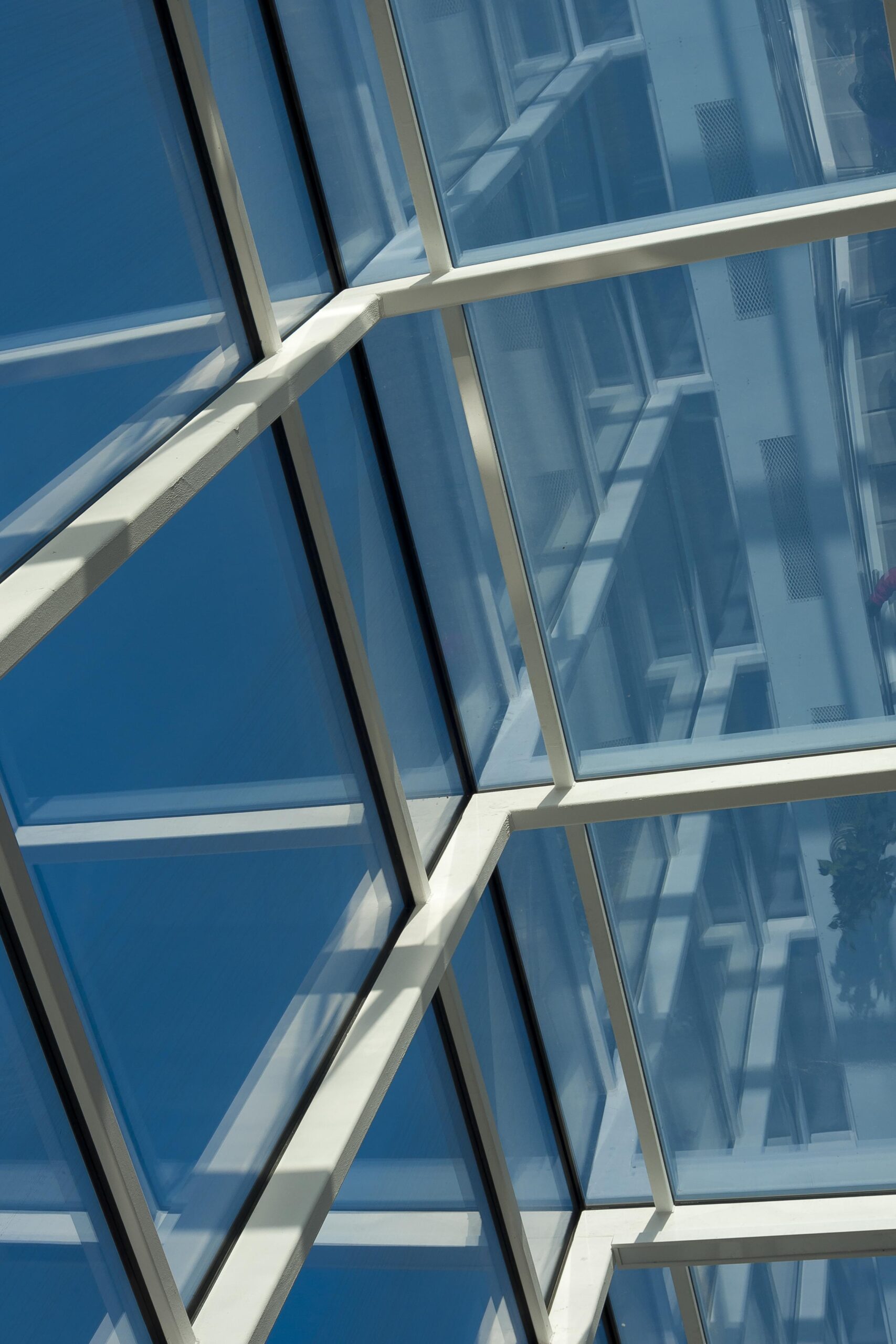Thinking about building or renovating sustainably? Using eco-friendly materials is one of the best ways to reduce your environmental impact while increasing the comfort and value of your Hampshire home; whether you live in Alresford, Hook, or Lymington.
Here are some of the top sustainable building materials you should consider:
1. Reclaimed Timber
Perfect for flooring, beams, and feature walls. Using reclaimed wood reduces the need for deforestation and adds character to period homes in areas like Froyle and Odiham.
2. Natural Insulation
Sheep’s wool, cork, and recycled denim offer high thermal performance without harmful chemicals. These are ideal for retrofitting older properties in villages like Hursley or Buriton.
3. Lime Plaster and Mortar
Traditional lime products are breathable and sustainable, ideal for listed buildings and cottages in conservation areas like Twyford and Beaulieu.
4. Low-VOC Paints
Conventional paints release harmful chemicals (VOCs) into your home. Eco-friendly alternatives improve indoor air quality and are widely used in new builds in towns like Romsey and Bordon.
5. Bamboo
Strong, fast-growing, and beautiful, bamboo is a highly sustainable alternative to hardwood flooring or joinery. It’s increasingly used in eco-conscious developments in Eversley and Bentworth.
6. Recycled Steel & Aluminium
Great for framing and cladding, recycled metals reduce waste and are extremely durable; ideal for contemporary builds in Waterlooville and Whitehill.
7. Green Roof Systems
A living roof offers insulation, absorbs rainwater, and supports biodiversity. They’re a stunning feature for homes with flat roofs in urban areas like Fareham or Totton.
Final Word
Choosing sustainable materials isn’t just good for the planet; it makes your home healthier, longer-lasting, and more appealing to future buyers. Talk to a Hampshire architect about how to build greener, better, and smarter.

